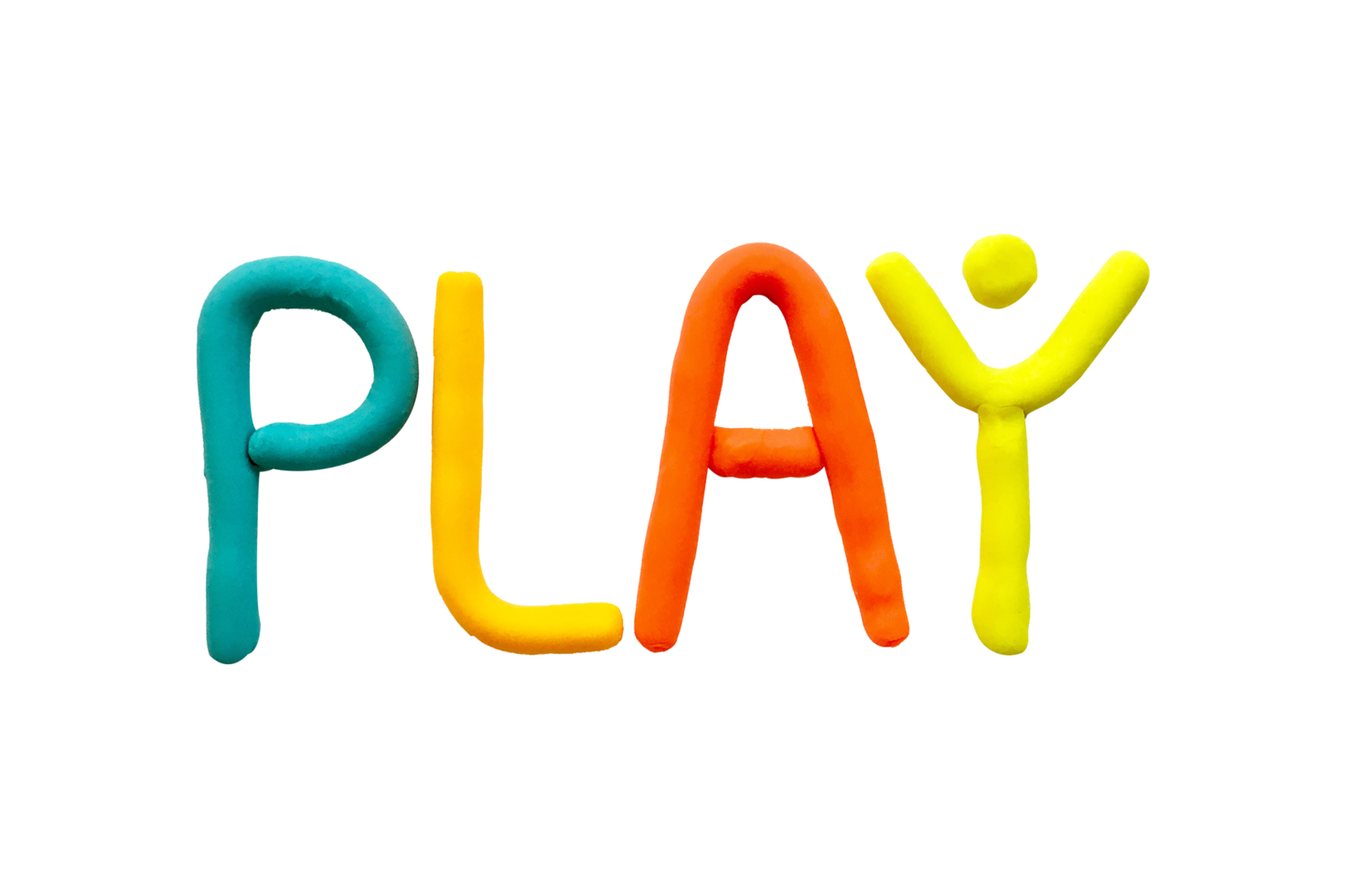When you think about improv, the first thing to come to mind is often SCTV, Who’s Line Is It Anyway? and Curb Your Enthusiasm. Improv is so often used for comedy and entertainment, most people assume that’s how it started. In fact, improv in North America was first developed for its ability to help people and only later was it taken by the entertainment industry.
Viola Spolin is widely considered to be the creator of improvised theatre training in North America (Keith Johnstone was doing something similar at the same time in Canada, but that is for another post). Spolin was an actor and settlement worker who ran a program for groups of immigrant children and adults The Hull House, Chicago. (The Hull House is also where the field of Social Work developed in America.) Her mentor, Neva Boyd, pioneered the idea that games and play can provide a framework that would help children act creatively and collaboratively in a way that they were unable to outside of the game. For example, 11 children who were unable to work together were suddenly transformed into collaborative creative team members when put on a soccer field and given the rules and aims of the soccer match. Spolin used this idea and her personal history as an actor to develop theatre games that would also use rules and aims as a framework for creative spontaneity. She created hundreds of games and eventually wrote them in her book, the improv “bible” Improvisation for the Theatre.
Spolin used these games to help children and adults who were not finding success socializing in their new surroundings. Positive mental health was her goal, and the rules and ideas of improv grew out of that ideal. She also noticed that when the groups played her games, they were incredibly funny and entertaining. She invited her son, Paul Sills, to bring some friends around to play, the games and found that they too became incredibly creative while playing.
Sills and his friends went on to found The Second City using his mother’s games, and the rest is history. Improv started to be seen as a form of comedic theatre, and shed its origins as a tool for positive mental health.
Improv for growth is where improv started. Improv games were built for this. It’s why Improv for Anxiety is a natural fit, because the games were originally made for this type of work (or should I say, play).



